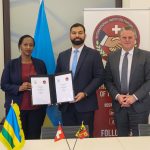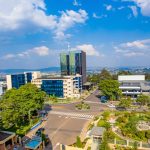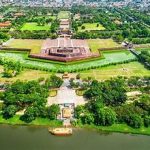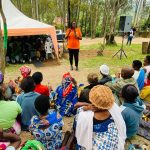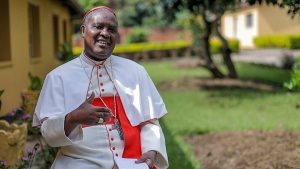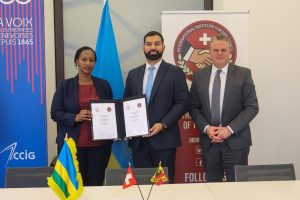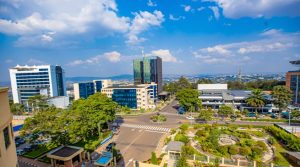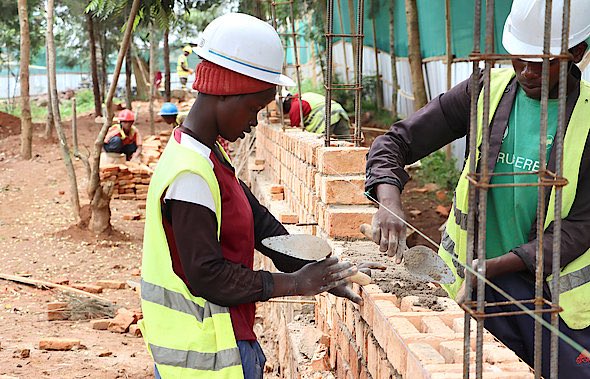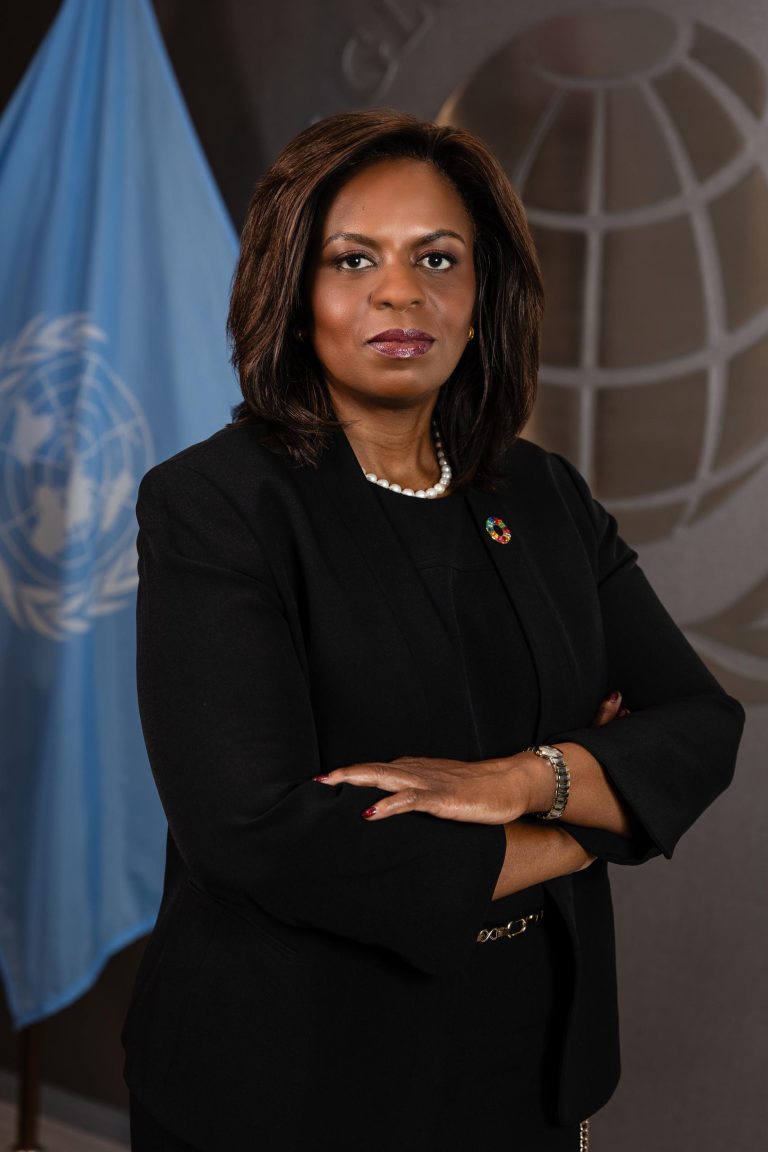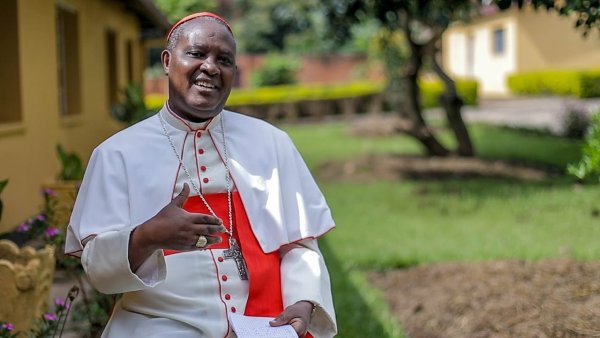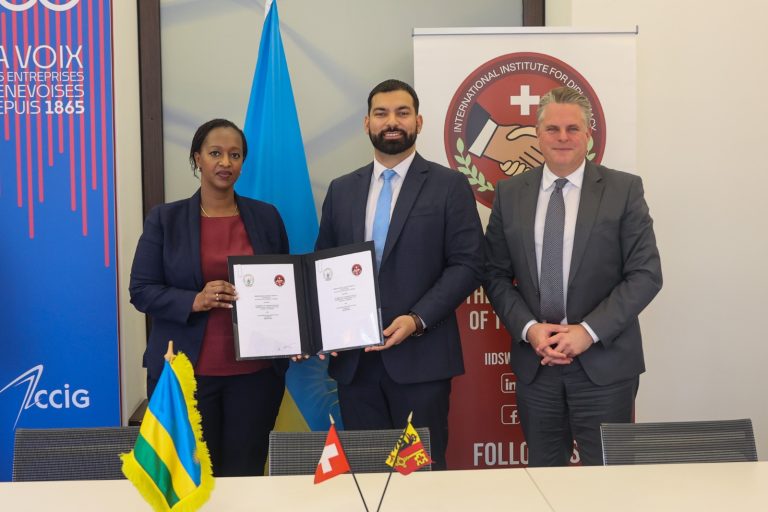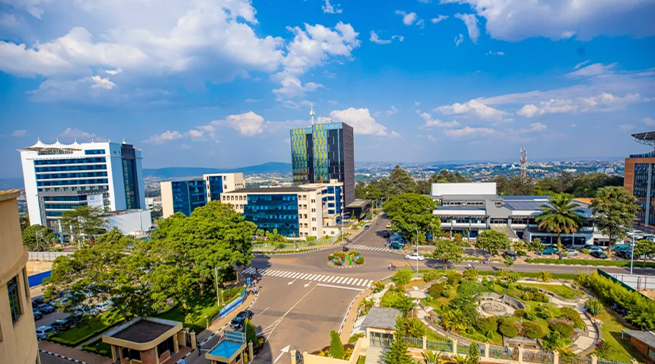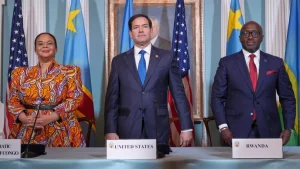WASHINGTON, June 25, 2025 — The World Bank has approved funding for the second phase of the Socio-Economic Inclusion of Refugees and Host Communities Project in Rwanda, aimed at expanding access to jobs, essential services, and climate-smart infrastructure for vulnerable populations.
Known locally as Jya Mbere II (“to progress” in Rwanda’s language), this phase builds on the success of the first, which proved that inclusive investments in infrastructure and livelihoods can significantly improve conditions for both displaced people and host communities. The latest phase will reach an estimated 380,000 individuals — 115,000 refugees and 265,000 host community members across six districts.
Supported by a $66.7 million financing package from the International Development Association (IDA), including $27.4 million from the Window for Host Communities and Refugees (WHR), the project aligns with Rwanda’s strategy to promote refugee self-reliance and reduce pressure on local communities.
The funding will enable expanded access to quality education, healthcare, water, roads, and markets, all built to meet national standards and climate resilience criteria. It is projected to create over 10,000 jobs through public works and support small enterprises. The project also prioritizes active participation by women and youth.
Infrastructure improvements will include the rehabilitation of roads to better connect farmers and traders in Gatsibo and Kirehe districts, alongside the construction and upgrading of schools and health facilities to ease overcrowding and better integrate refugees into national systems. New marketplaces and production hubs aim to boost local trade and employment, while a graduated support program will assist vulnerable households with training, productive assets, and access to savings and financial services.
“Jya Mbere II underscores Rwanda’s leadership in providing sustainable, inclusive solutions to displacement,” said Mathew Stephens, World Bank Lead Social Development Specialist. “We’re supporting services that foster integration, jobs that uphold dignity, and systems that enhance resilience.”
As displacement scenarios grow more prolonged, the project responds to urgent development needs faced by refugees and rural communities where poverty is prevalent and access to services is limited. It leverages refugees’ presence to stimulate local economic activity and strengthen community resilience.
“Rwanda’s proactive, development-oriented approach to refugee management is setting a benchmark,” said Sahr Kpundeh, World Bank Rwanda Country Manager. “Phase II advances beyond basic service delivery to deepen economic participation and climate adaptation efforts.”
Climate resilience features include flood management systems, rainwater harvesting, and landslide protection measures in vulnerable areas like Karongi, Nyamagabe, and Kirehe—aimed at bolstering communities already affected by climate shocks.
Implementation will be overseen by Rwanda’s Ministry in Charge of Emergency Management (MINEMA), in partnership with local governments, the Rwanda Transport Development Agency (RTDA), the Development Bank of Rwanda (BRD), the Business Development Fund (BDF), and participating financial institutions. Participatory consultations will ensure refugee and host community voices shape the project’s rollout.
Aligned with Rwanda’s National Strategy for Transformation (NST2) and the upcoming Refugee Sustainable Graduation Strategy (2025–2030), Jya Mbere II also supports global commitments under the UN’s Global Compact on Refugees by integrating displaced populations into Rwanda’s broader development framework.

